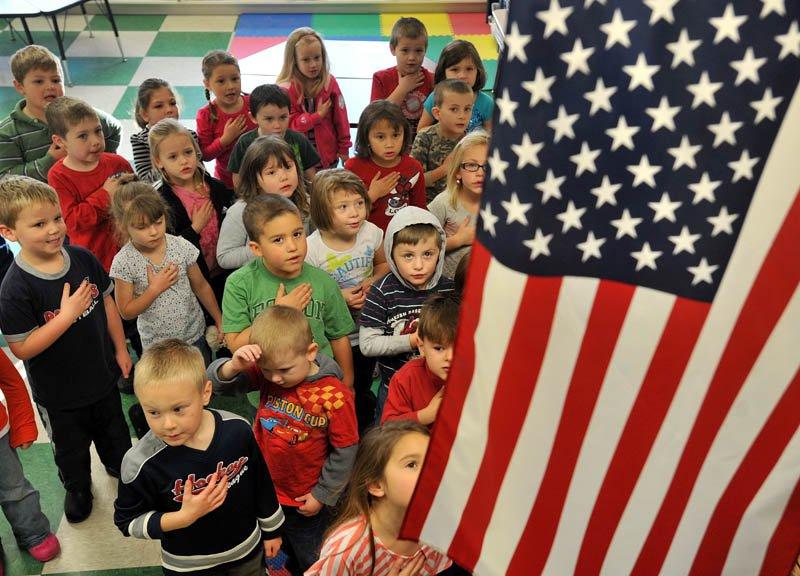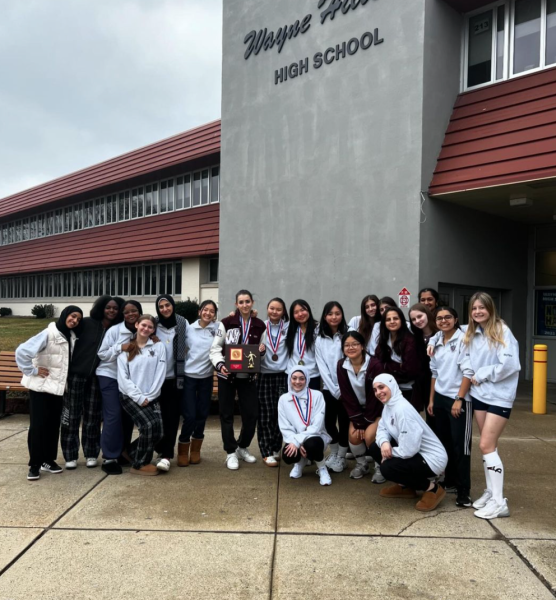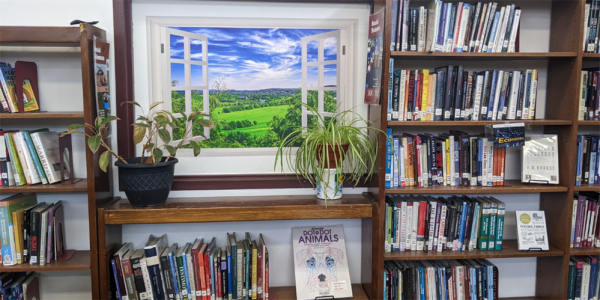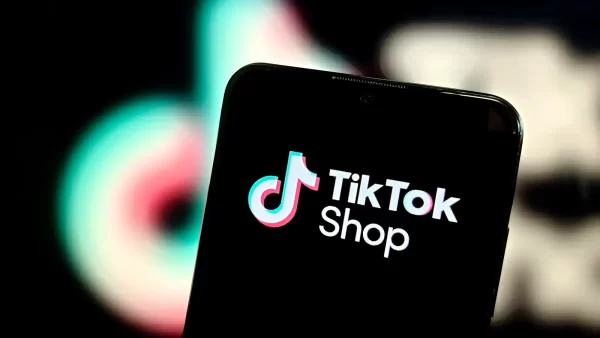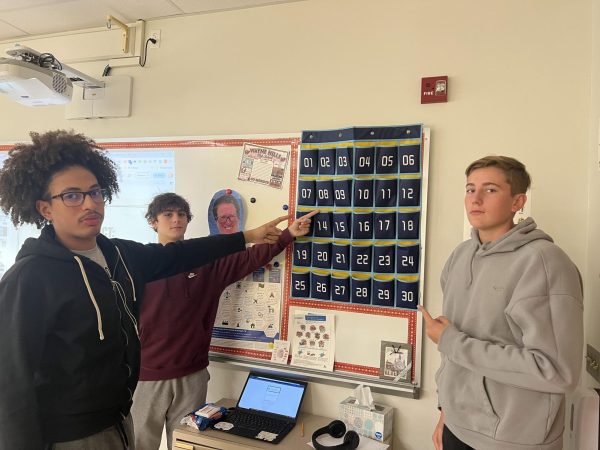Should Public Schools Ban Religious Norms?
We live in generation where everything is in a state of being questioned, and the big question nowadays is: Are we as a society growing too sensitive to religious and social matters?
Eujin Jaela Kim, the principal of PS 169, a school in Sunset Park, Brooklyn has established a new policy in which all religious norms are replaced with religiously neutral activities. For example, a “Harvest Festival” now replaces Thanksgiving ceremonies and Christmas celebrations have been replaced with “winter ceremonies.”
Within the past decade, the population of people who identify as Christians has dropped more than 6 points. What does this mean? America is becoming a society in which Christianity does not necessarily rule as the main religion.
And let’s face it, everything we do in school tends to lean towards Christianity.
I’m the only Indian in a lot of my classes, so it’s one person against 20 something. Their reaction is usually just to tell you to try to study anyway, since it’s not fair if I’m excused from a test, but everyone else has to take it.
— Pooja Loka
Growing up as someone who identifies as a Christian, I never really noticed the biases within the school system until recently. Even in the pledge of allegiance, the first thing on the morning announcements everyday, students pledge to America, saying, “one nation, under God, indivisible, with liberty and justice for all”. And when we get vacations and recesses from school, they cater to Christian and Jewish holidays such as Christmas, etc.
I remember I was sitting in class, and my friend, Pooja Loka was really upset because she couldn’t participate in Divali. When I asked what Divali was, she responded by saying that it’s “basically a Hanukkah type thing that lasts a couple nights, with certain things that you have to do at certain times. You also go to temple during certain nights.” The fact that she knew that I wouldn’t understand what the ceremony was unless she described it as a “Hanukkah type thing” says a lot about the perception of religion in schools itself.
But because this holiday fell on a school day, Loka wasn’t about to partake in a ceremonial tradition of lighting candles with her family (in the most widely known Indian holiday) because she had to study for tests, of which she was not allowed to take retakes for.
And at that point, I understood why there’s such a controversy behind religion within schools.
Despite the declining rate of Christians, it is still the most prominent religion within schools, and schools tend to only cater to that religion. Other students who have religious holidays that fall on different dates tend to be regarded with less sympathy.
When you’re of a different religion, Loka says that the situation is basically that “[she] is the only Indian in a lot of [her] classes, so it’s one person against 20 something. Their reaction is usually just to tell [her] to try to study anyways, since it’s not fair if [she’s] excused from a test, but everyone else has to take it.”
Do I think that America will be implementing religiously neutral school policies anytime soon? Absolutely not. However, without a doubt in my mind, I think that schools should.
America is filled with a melting pot of different cultures, religions, and economic stances. Schools should not be confined to fit one of those standards.



